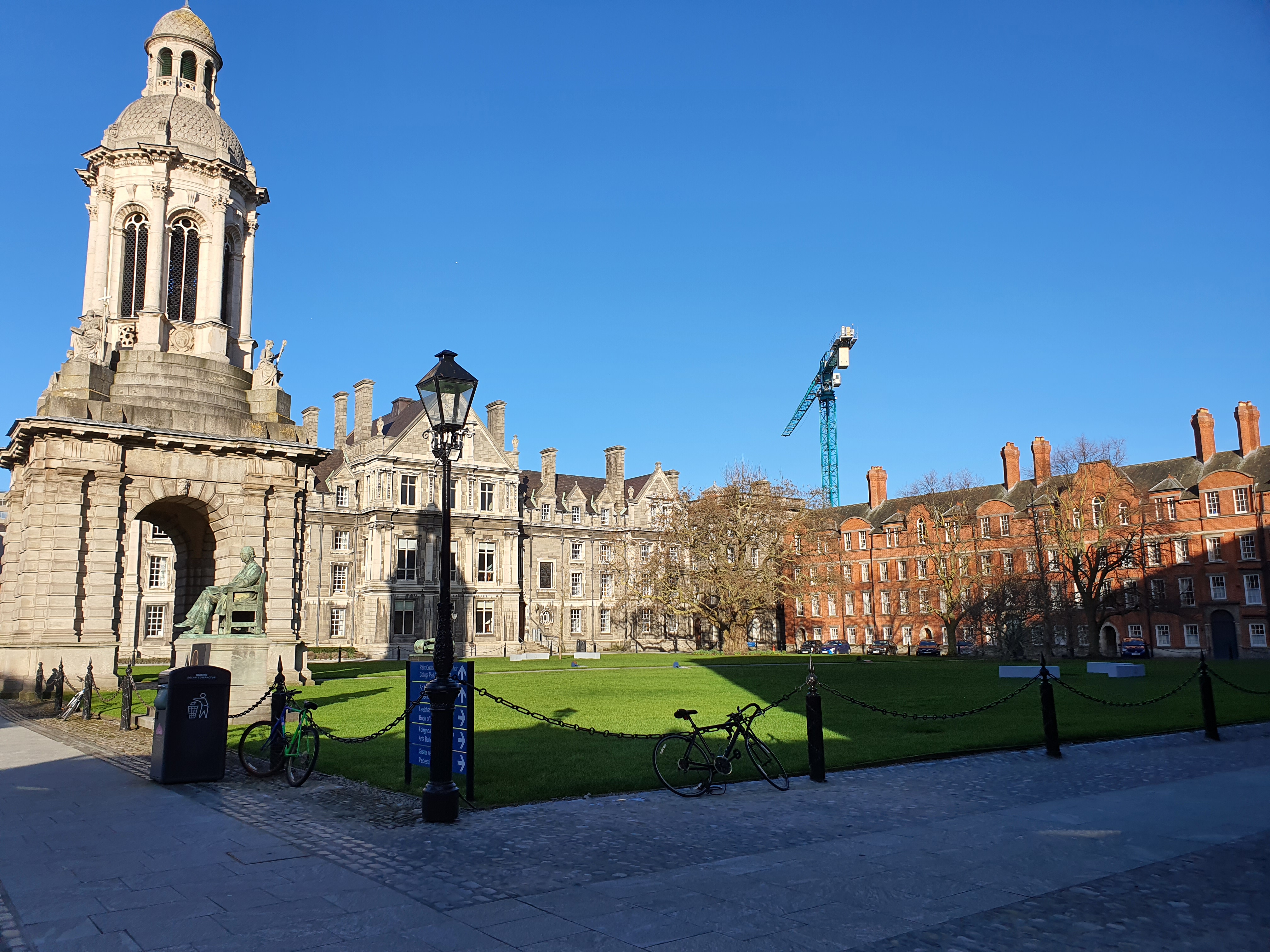Associate Professor in Immunology Dr Sarah Doyle and Research Assistant Professor in the School of Mathematics Dr Marius deLeeuw were awarded the European Research Council (ERC) Consolidator Grants yesterday.
The ERC Consolidator Grant is awarded to researchers who wish to consolidate their research by forming a research team or have already formed a research time and want to strengthen it. The grand awards up to €2 million in funding given across five years.
Doyle is currently researching how immunotherapy can combat blindness, while deLeeuw is researching how to find and classify integrable models that would allow for greater understanding of sub-particle physics.
Provost Linda Doyle congratulated Doyle and deLeeuw for “this fantastic achievement”.
“The ERC Consolidator Grant allows significant time and resources to be devoted to exploring research questions more deeply.”
Dean of Research Wolfgang Schmitt said, ““I am delighted to congratulate Sarah and Marius on their success in the ERC Consolidator competition.”
“The scheme is increasingly competitive every year and it takes real dedication to pushing the boundaries of research to be successful.”
The ERC was formed by the European Union in 2007 to award annual grants to European researchers. 321 researchers received the Consolidator Grant this year, worth in total €657 million.
Dr Sarah Doyle’s project NK-Insight focuses on how our immune system can be used to fight against degenerative eye conditions that cause blindness. She is currently studying an immune cell in the retina with the potential to treat diseased blood vessels in the eye, which may lead to the development of new treatment strategies for degenerative eye conditions.
DeLeeuw’s project Finding All Integrable Models aims to find and classify all integrable models in mathematics, which would make areas of physics that have not yet been studied accessible through the use of integrable models, such as String Theory and the search for quantum gravity.






